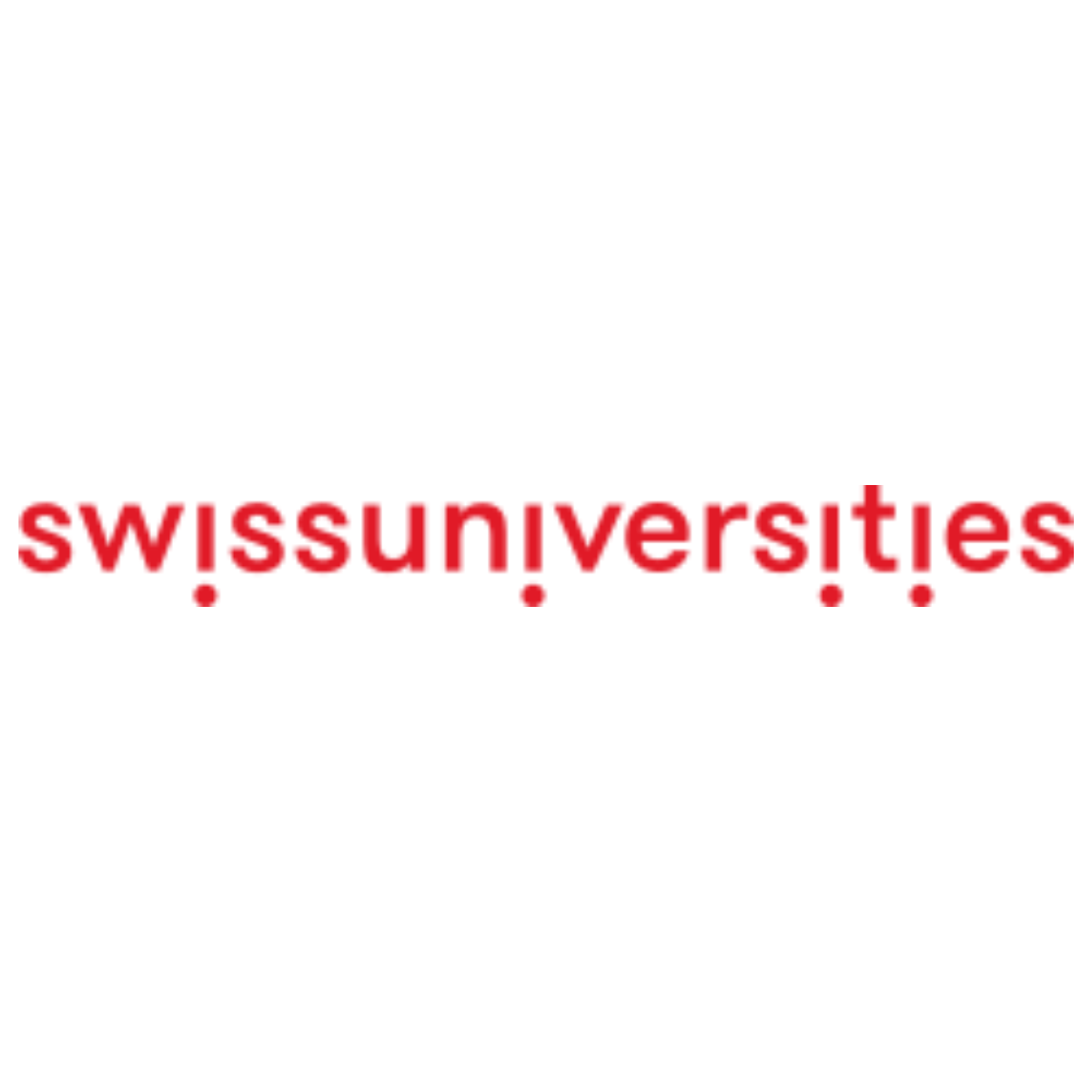Teaching

In order to develop a quality education, attractive to an increasingly heterogeneous public, the University of Geneva relies on:
- Versatility, by offering training in all the main fields of knowledge and in formats adapted to the multiple profiles of students: basic, in-depth and continuing education, in person and by distance learning.
- Innovation, thanks in particular to the use of digital technologies in teaching. The UNIGE was one of the first European universities to offer MOOCS (Massive Open Online Courses) in 2013. It is also a pioneer in the use of "virtual patients" in medicine. It is also innovative in terms of interdisciplinarity, offering courses in key sectors of tomorrow's world, such as environmental sciences, neurosciences and bioinformatics. Finally, innovation in the practical application of knowledge, as for example in its Law Clinic.
- Systematic and mandatory evaluation of teaching, coupled with a pedagogical support system for teachers.
UNIGE courses are organized according to the European Credit Transfer and Accumulation System (ECTS).
The basic education is composed of two courses of study:
- the university baccalaureate (bachelor) which is equivalent to 180 ECTS credits.
- the university master's degree, which is equivalent to 90 or 120 ECTS credits, depending on the case.
In addition to these basic courses, the University can offer complementary certificates of 30 or 60 ECTS credits.
In-depth training consists of:
- the certificate of specialization which is equivalent to 30 ECTS credits;
- the master of advanced studies (MAS) which is equivalent to at least 60 ECTS credits
- the doctorate.
Continuing education includes:
- certificates of continuing education equivalent to a minimum of 10 ECTS credits;
- Diplomas in continuing education equivalent to a minimum of 30 ECTS credits;
- Masters of advanced studies in continuing education (MAS in continuing education) equivalent to a minimum of 60 ECTS credits.






